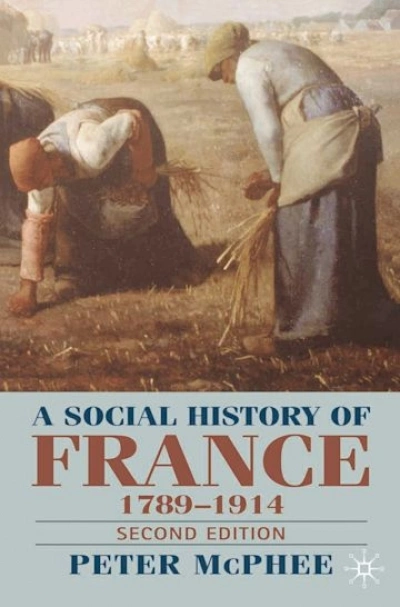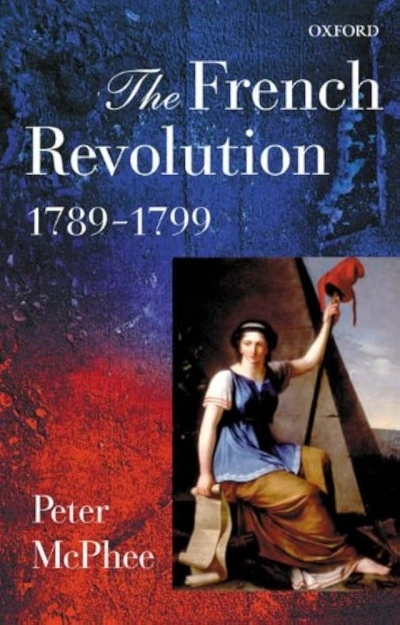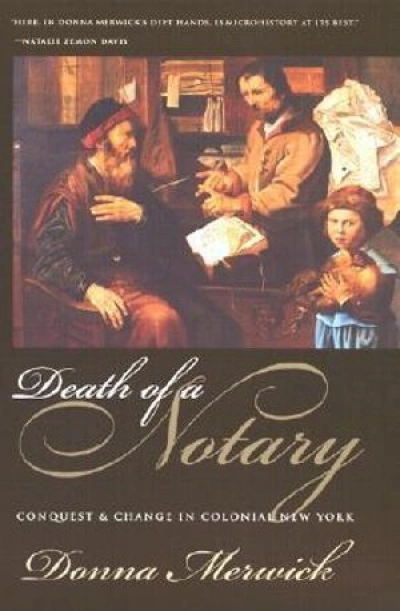Peter McPhee and Charles Sowerwine, internationally renowned historians of modern France, are both professors of history at the University of Melbourne. Their latest books are what might be termed generalist surveys that provide an extensive overview of modern French history, but in ways that are never predictable and always highly readable. The events of the French Revolution are familiar to many, but McPhee also makes accessible to non-specialists the most contested themes of the Revolution without losing the narrative thread. He brings to the fore the personalities – major and minor, urban and provincial, sympathetic and unsympathetic – that shaped, and were shaped by, these tumultuous times. He has an ear for the ‘voices’ of the Revolution and, while drawn more to some than others, he gives all a fair hearing.
...
(read more)







